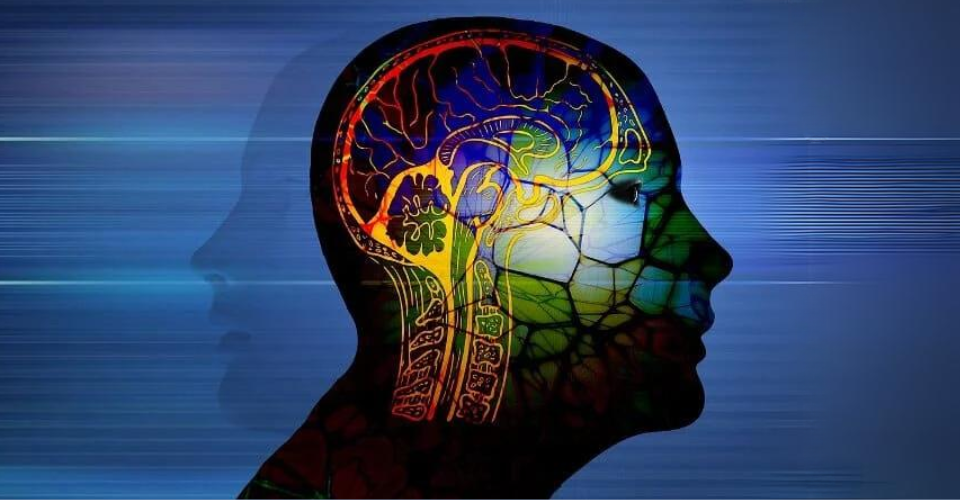Studies Show Different Brain Activities in ADHD and Autism
Attention deficit hyperactivity disorder (ADHD) and autism spectrum disorder (ASD) have been among the most common neurodevelopmental disorders. Although their diagnostic criteria may differ, there is a significant clinical overlap between the two of them as well as some genetic similarity. A recent meta-analysis published in the American Journal of Psychiatry aimed at shedding light on these similarities and differences by investigating 243 task-based functional Magnetic Resonance Imaging (fMRI) studies. Thus, this information posits that ADHD as well as ASD should not be seen equally important since the brain activity patterns are more dissimilar than similar.
Symptoms Common to ASD and ADHD
Inattentiveness, hyperactivity and impulsive behavior that prevent daily functioning are typical for people suffering from attention deficit/hyperactivity disorder (ADHD). Conversely, autistic spectrum disorder involves social communication impairments, restricted interests and generalized repetitive behaviors. Attention Deficit Hyperactivity Disorder has different types of symptoms which mirror those found in persons with typical signs of ASD while affected individuals still suffer from ADHD. Additionally, genetic studies reveal shared genetic factors between the two disorders further blurring lines between them.
Methodology: Meta-Analysis on fMRI Studies
The researchers therefore decided to use a method known as meta-analysis so that they can demystify how ADHD and ASD brains operate. This approach enables researchers to combine data from several smaller studies thereby enhancing statistical power across all these findings. Unlike individual studies having small sample sizes or varying methodologies which might obscure patterns or conclusions about effects in such cases can emerge because it allows pooling data during meta-analysis.
Data From 243 Task-Based fMRI Studies
This analysis was based on original task-related fMRI papers amounting to 243 involving participants either with ADHD or ASD or both but also included typically developing controls. In total, the sample consisted of 3,084 subjects with ADHD, 2,654 subjects with ASD and 6,795 controls. The studies used a variety of neuropsychological tasks such as go/no-go and n-back tasks for cognitive control in addition to social processes tasks, reward responsiveness tasks and attention tasks.
Shared and Disorder-Specific Neural Activations
In the papers from both ADHD and ASD, it appeared that there were some neural activations that were common yet some activations specific to disorder. For shared activations more activation was found in the right-lateralized lingual gyrus and rectal gyrus while less activation was observed in the left middle frontal gyrus and superior temporal gyrus. These common activations point out certain shared neural paths linked to cognitive manifestations as well as behavior characteristics of both conditions.
However, disorder-specific activations were more prominent. In ASD there was greater activity than normal in the left middle temporal gyrus inferior parietal lobule right hippocampus left putamen. Disproportionately low activity levels have been noted in the left middle frontal gyrus right middle temporal gyrus left amygdala right hippocampus. Thus meaning that ASD is characterized by particular impairments occurring within specific brain regions relevant to social operations as well as cognitive flexibility and emotional processing.
In ADHD greater-than-expected levels of involvement were seen in the right insula posterior cingulate cortex right amygdala putamen while lower than anticipated activities took place at the right middle temporal gyrus left inferior frontal gyrus right globus pallidus left thalamus. Therefore these results imply that distinct abnormal brain areas are associated with ADHD involving issues related to concentration inhibition and reward mechanisms.
Necessity for More Comprehensive fMRI Studies
In an editorial on the study, Philip Shaw, a Senior Investigator at the Neurobehavioral Clinical Research Section of the National Human Genome Research Institute underlined the importance of additional fMRI investigations where individuals with ADHD and ASD perform identical tasks. When such research is performed it will lead to clearer and more consistent information on shared and unique neural characteristics.
Shaw said, “There are only a few fMRI studies in which those suffering from ADHD have been compared to those suffering from ASD carrying out similar tasks as described by the authors.” “However, diagnostic differences were larger than similarities in these comparative analyses as well although brain regions identified did not concur with those emerging from meta-analyses. In order to sort out this discrepancy, we need more participants who suffer from both ADHD or ASD performing similar tasks.”
Conclusion and Future Directions
This particular study indicates that there are different neural landscapes in patients with either ADHD or ASD that indicate that they should not be grouped together. To capture fully the functional architecture of the brain in these complex neurodevelopmental conditions, researchers propose that data should be collected trans-diagnostically using a common core set of tasks.
The study “Shared and Specific Neural Correlates of Attention Deficit Hyperactivity Disorder and Autism Spectrum Disorder: A Meta-Analysis of 243 Task-Based Functional MRI Studies” was authored by Hiroki Tamon, Junya Fujino, Takashi Itahashi, Lennart Frahm and Valeria Parlatini.





























Leave a Reply
You must be logged in to post a comment.